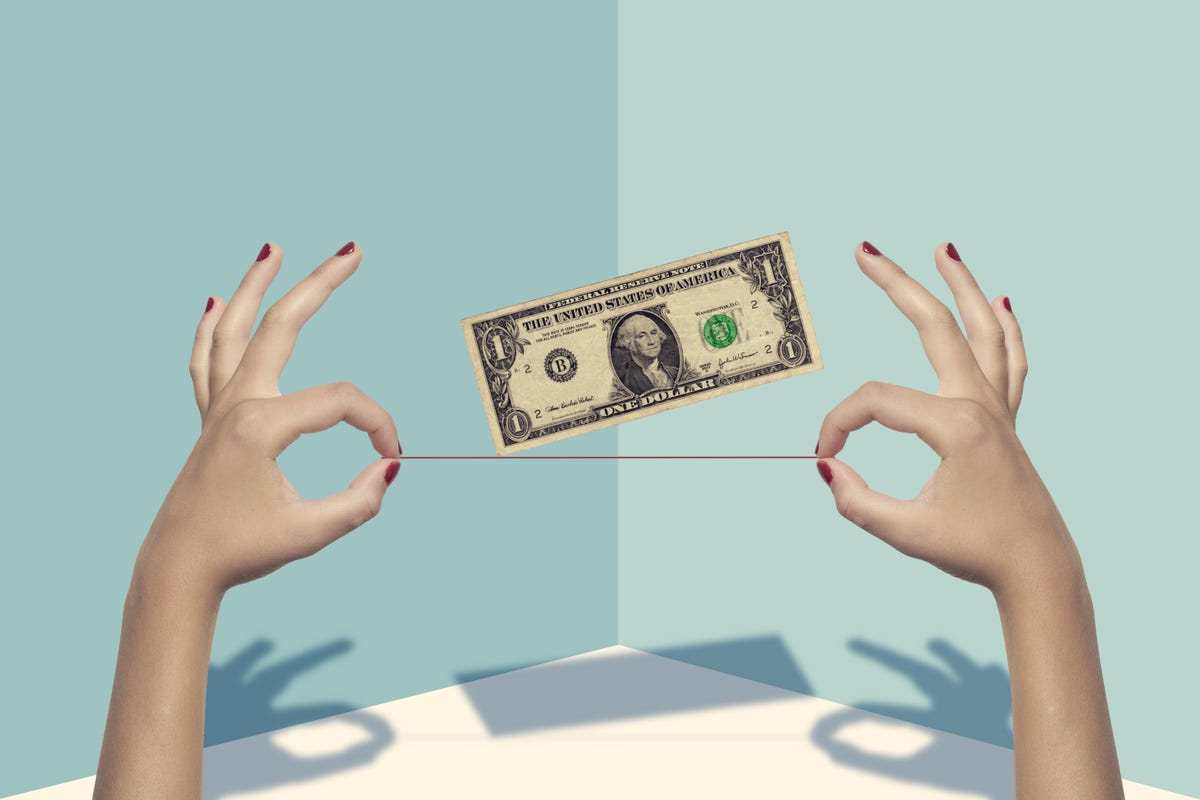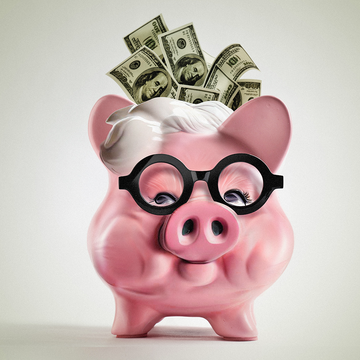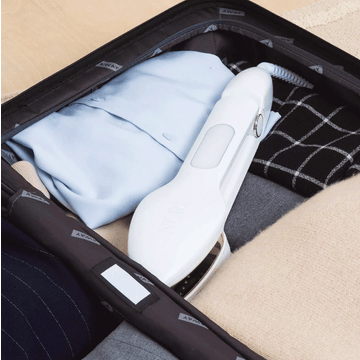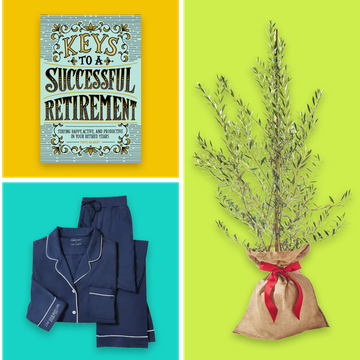“There’s no such thing as recession-proofing your life, but you can build recession resilience,” says Tori Dunlap, author of Financial Feminist. Here’s how:
Adjust your emergency fund
You know to have three months of living expenses set aside in an emergency fund in a high-yield savings account, but what a lot of us forget is to adjust it for our current living expenses. For example, the cost of living now is a lot different than it was in 2020. (What cost $100 then will cost you $115.03 now.)
If you don’t have an emergency fund, start saving now—even if you can only sock away a little bit. Set up automatic deposits from your paychecks into your savings account.
More From Oprah Daily

Create spending plans now
Make “A” though “D” spending plans now, and stick to them as your economic situation changes.
- Plan “A” = Things are normal.
- Plan “B” = Things are a little sticky. Cut back on unnecessary spending—and know what those cuts will be in advance.
- Plan “C” = Things are very sticky. Pare down to near essentials—again, know what that will entail.
- Plan “D” = Nuclear zombie apocalypse. Take extreme measures to increase your income and decrease your spending. Be specific, and list those options ahead of time. For example, let a room out in your home. Or, if you rent, give up your apartment (or sublet it) and let a room in someone else’s home. Or live with family or friends for a while. Stop driving, and travel only via public transportation or bicycle. (You’ll save on gas, and if you really commit to it for six months or so, you can change your auto insurance coverage to the bare minimum mandated by your state.)
Keep an eye on your compensation
Make sure you are getting adequately compensated for the work you are doing. You can and should ask for performance-based and/or cost-of-living-based raises, even during a recession. If they can’t give you a raise, can they give you something else? Tuition reimbursement for a certification that will make you more valuable? An extra week of vacation time?
Earn money from your side hustle
Diversify your income. Pick up a side hustle or freelance work. Instead of watching Hulu at your house, could you babysit a night or two per week and watch your shows after the kids are in bed? If you have a hobby, like needlepoint, knitting, or embroidery, could you set up an Etsy shop? Or use that extra week of vacation you negotiated to take a few more shifts of your side hustle or tackle a freelance project?
Look out for yourself, even in a partnership
If you are partnered, make sure you have your own money. Financial stress is hard on relationships, and you don’t want to be left without your savings.
Find a zero percent interest credit card
As an absolute last resort, take out a zero percent interest credit card, then work like hell to pay it off before the introductory rate expires.
Amanda Robb is a Newhouse Mirror Award–winning New York-based journalist, who recently produced season seven of the podcast Someone Knows Something.












